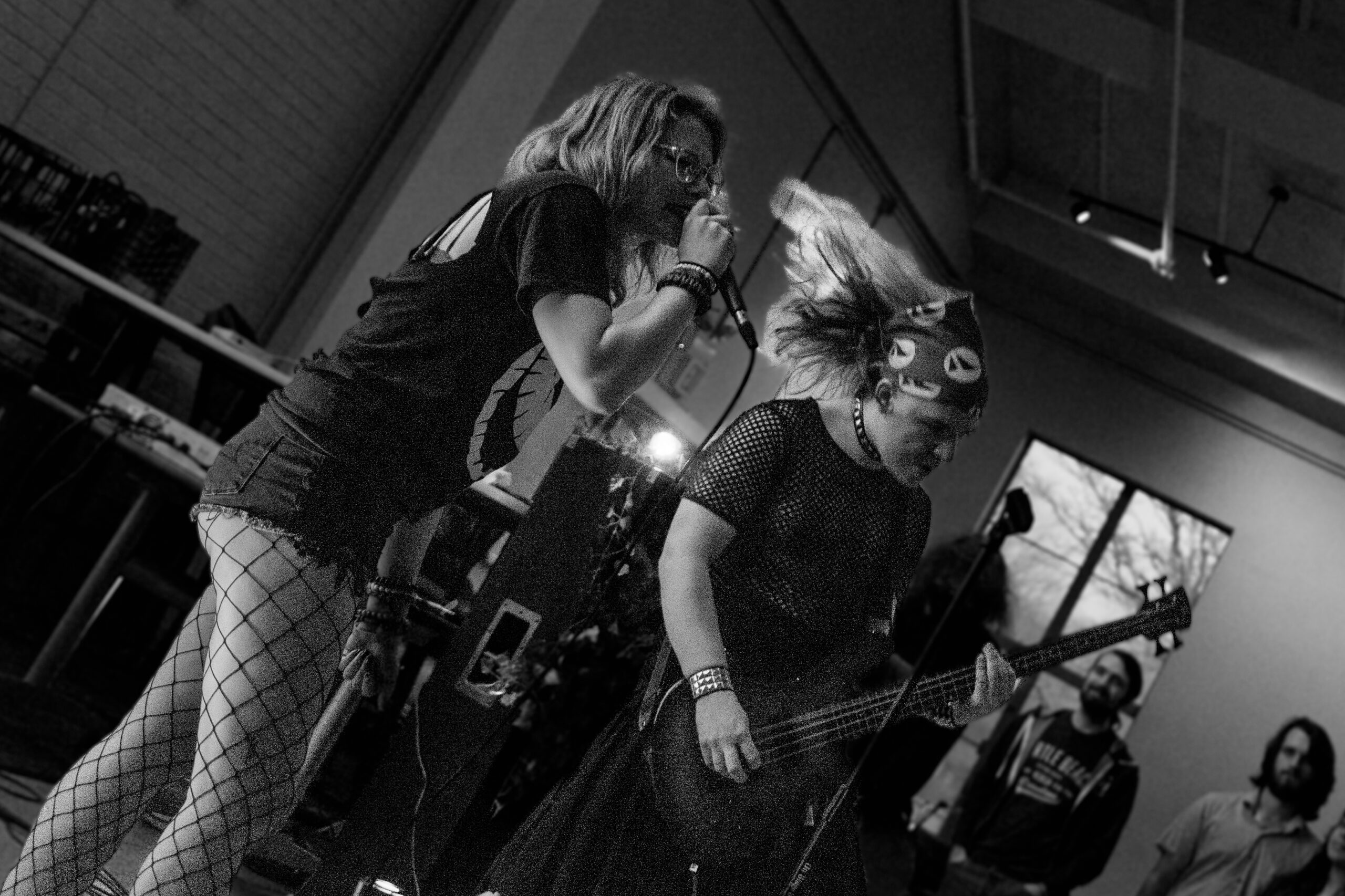Over this school year, the modern and classical languages and film media departments hosted a French film festival supported by the Albertine Cinémathèque grant program.
In both the fall and spring semesters, the Language Center in Swan Hall showed three movies that fell into the category of French cinema.
Moving into the spring section of the film festival, the goal was to show different films that offered something new to audiences, according to associate professor of French and film Leslie Kealhofer-Kemp.
The first film shown on April 4 was “Bergman Island” (2021), which is spoken in English and set in Sweden.
Following the film, audience members discussed what the film’s connection to France was since it wasn’t set in France and has English dialogue, according to Kealhofer-Kemp.
To do this, the audience discussed the director Mia Hansen-Løve’s other films, and the references to other French cinema seen in this film.
On April 11, the festival showed the film “The Velvet Queen” (2021) directed by Marie Amiguet and Vincent Munier. This film focuses on environmental challenges and how creating art can help audiences relate to a changing world, according to Kealhofer-Kemp.
“It really was perfect because it was a film that shows a profound respect for nature and for slowing down and for looking at the world around you and realizing actually that while we’re so busy nature is watching us,” professor of French Karen de Bruin said, who attended the film with her French 412 class.
Kealhofer-Kemp noted that this film feels very literary because of the voice-over narration that accompanied the filmmaking.
“Patience is the supreme virtue” is one of the messages that the film preaches.
The final film, shown on April 15, was titled “Chocolàt” (2016), and was directed by Roschdy Zem. This film invited viewers to question France’s colonial past.
Despite the many different themes each of these films explores, they are united by their ability to show what France is today and what it means to be French, according to Kealhofer-Kemp.
“I think that they help show the diversity of French cinema and that French cinema extends well beyond the borders of France,” Kealhofer-Kemp said.
These films also help to highlight that France has a strong film industry and that it is appreciated outside of France, according to Kealhofer-Kemp.
Of the films shown in this year’s festival, “Return to Seoul” (2022), which was shown last semester, was Kealhofer-Kemp’s favorite because it brought something new to the French film industry.
“That’s something I always appreciated, if I see it once and I want to see it again, you know you are always going to see something new,” Kealhofer-Kemp said. “I’m grateful to have the funding to show the films and have it open to the public because there’s also something worthwhile to see films together because there’s something that you don’t necessarily get when you’re watching it by yourself.”
By watching these films with audiences, Kealhofer-Kemp has enjoyed seeing how audiences connect with and react to the films.
At each viewing, there were about 30 people in attendance. The audience was mostly students but had a range of different perspectives. While some students approached the festival with a background in French culture and film, others entered with purely a film background.



